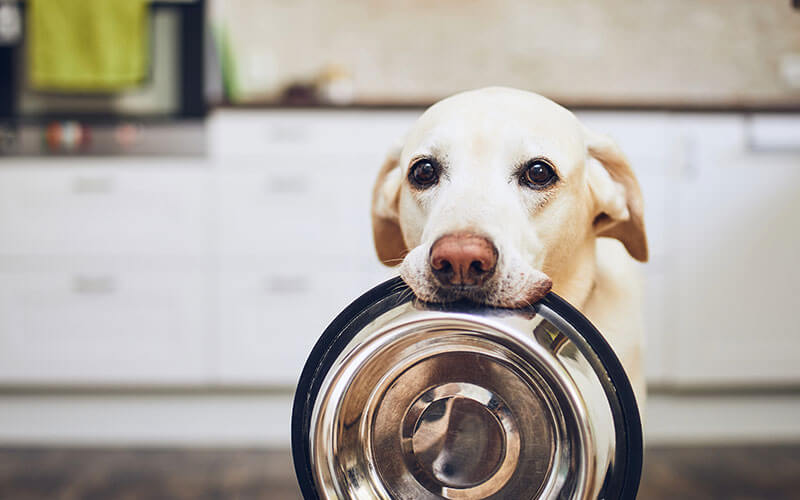In Australia, there are about 3000 species of known ants.
As a group, ants are considered by many to be among the most successful of all insects. They can also be extremely annoying to homeowners and, in larger colonies, cause significant damage to your property.
Here are our 5 tips to get rid of ants
1. Remove Crumbs
It is important to keep all areas of the dwelling free from crumbs and other food particles. Wipe down kitchen bench surfaces, tables and vacuum / sweep up area after each meal. Don’t leave crumbs or food out.
2. Wash Dishes
No dishes should be left unwashed for long periods of time. Use the dishes and wash them straight away.
3. Remove Rubbish and Pet Food
Rubbish should be emptied daily and your house should be free from food sources such as pet food bowls, unrinsed drink bottles and cans. If you have a pet, don’t leave their food out for the day. Feed your pet and then remove the food.

4. Remove Branches
Make sure that any overhanging branches are kept cut well back from your guttering and external walls – often ants will use overhanging branches to circumvent any chemical protection that may be placed down.
5. Consult with Pest Control Expert
If you’re still having trouble controlling the ants, give a local pest control expert a call to come and investigate and manage for you.
Treatment
Normally, the goal is to STOP ants from entering the interior of your property by creating a ‘treated zone’ around the exterior. Treatment can vary from a liquid chemical to a dry powder to granules (or often a mix).
We recommend a specialised ant treatment using Termidor SC as a base. Termidor is a non-repellant and involves applying the chemical 300mm out from the wall and 300mm up the external wall. As Termidor SC is completely undetectable to the ant colony, they will walk right through it, carrying it on their bodies and pass it along to other ants in the colony which continues the transfer effect.
Often, over the counter sprays will only make the problem worse. These sprays are usually a repellant and will cause the original ant colony to separate (a phenomenon called ‘budding’) and begin brand new colonies of ants, increasing the original issue.
